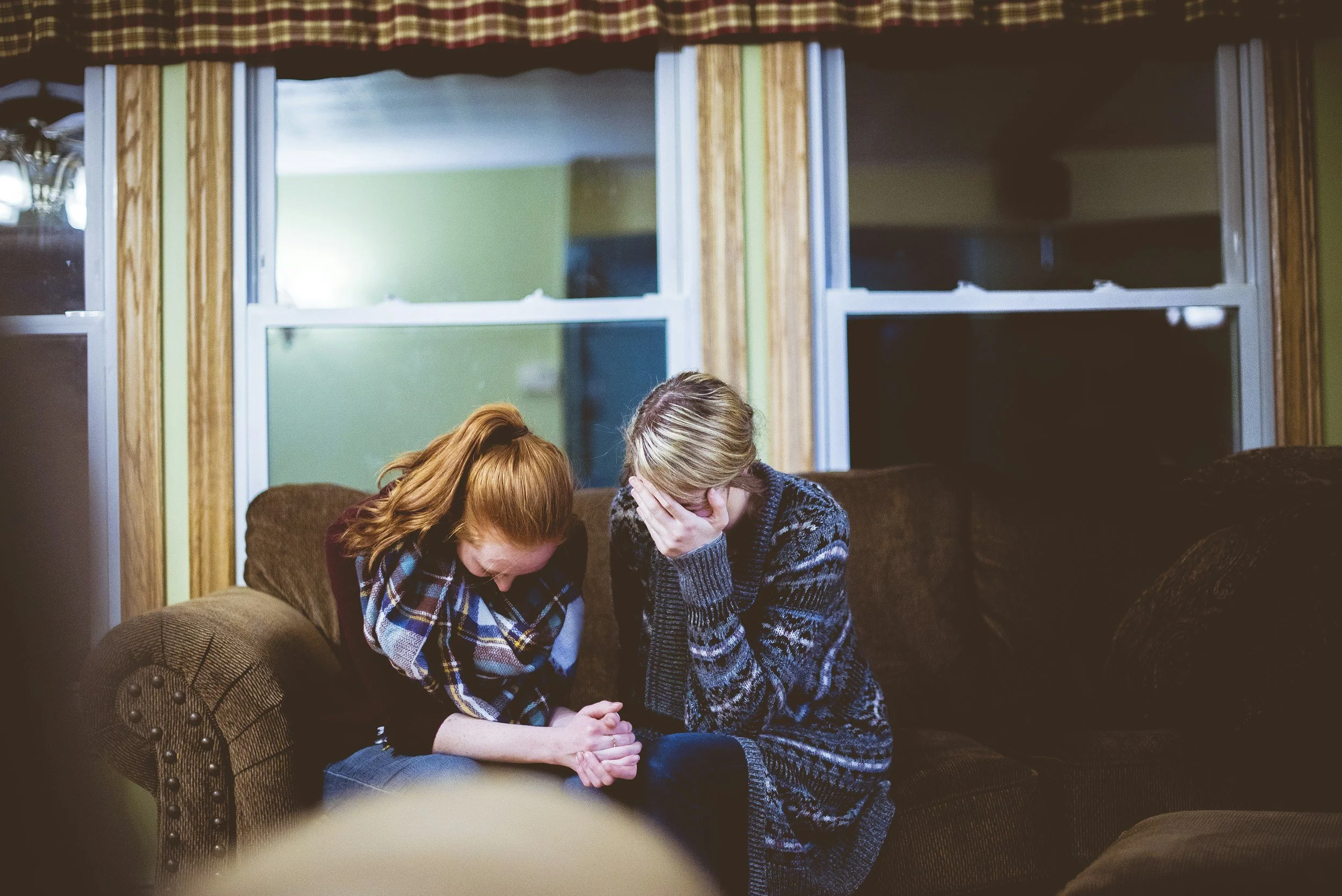Grief and Trauma: When Loss Hurts in Layers
Grief and Trauma: When Loss Hurts in Layers
Grief and trauma are often treated as two separate experiences—grief for when we lose someone or something we love, trauma for when something terrible or terrifying happens. But in reality, these two emotional forces often walk hand in hand.
Grief can be traumatic.
Trauma can involve deep grief.
And when the two overlap, the pain can feel layered, confusing, and heavy in a way that words can’t always capture.
Whether you’re grieving a death, a relationship, a version of yourself, or a loss that others don’t quite understand, this article is for you. You’re not alone, and your pain is valid—no matter what it looks like.
Grief Is More Than Sadness
Grief is the emotional and psychological response to loss. It’s not just about mourning someone who has passed—though that’s certainly one of the most intense forms. We also grieve:
The end of a relationship
A lost dream or identity
A job or role that shaped our sense of purpose
Health, time, or innocence we can’t get back
A childhood we didn’t get to have
A version of the future that will never happe
Grief is the process of adjusting to a new reality. And that process can be messy, non-linear, and painful.
Trauma Makes Grief More Complex
When trauma is present, grief becomes more than emotional sadness—it becomes a nervous system response. Trauma can complicate grief in several ways:
The loss may have been sudden, violent, or shocking (e.g., an accident, suicide, or betrayal)
You may not have had time or safety to process it
It may trigger earlier, unresolved grief or trauma
Your brain and body may go into survival mode instead of mourning
Instead of moving through grief, you might feel stuck in numbness, rage, guilt, anxiety, or confusion. You might avoid the feelings altogether—not because you don’t care, but because your system is protecting you from overwhelm.
When Grief Is the Trauma
Sometimes, the loss itself is the trauma. Losing someone suddenly, losing a child, being unable to say goodbye, or facing judgment around your grief can all create lasting psychological wounds.
You might experience:
Flashbacks to the moment you got the news
Hypervigilance (constantly bracing for the next loss)
Emotional numbness or feeling disconnected from reality
Guilt for surviving or not doing “enough”
Avoidance of reminders or memories
When grief and trauma collide, it’s not just a broken heart—it’s a nervous system in distress.
Unacknowledged Loss Still Hurts
One of the hardest things is grieving a loss that others don’t validate. This is known as disenfranchised grief. It happens when your pain isn’t seen as “real” or “serious enough” by others.
Examples include:
Grieving a miscarriage, even if others never saw the baby
Mourning an estranged or abusive parent
Losing a pet, mentor, or non-romantic relationship
Grieving identity loss after trauma, illness, or major life change
When grief is invalidated or minimized, it can feel isolating—and it may take longer to heal.
Healing Both: A Layered Process
If you’re grieving and dealing with trauma at the same time, healing won’t be quick or clean—but it is possible. Here are a few things that help:
Understand Your Brain and Body Are Responding to Danger
Your reactions aren’t “wrong”—they’re signs of overwhelm. Panic, numbness, forgetfulness, and shutdown are all ways your nervous system tries to keep you safe. You’re not broken. You’re coping.
Talk About It—with Someone Safe
Whether it’s a therapist, support group, or trusted friend, talking helps release the pressure. Trauma-informed therapy can offer a safe space to process both grief and trauma without judgment.
Express What Words Can’t Say
Art, journaling, music, and movement can help you express grief and trauma in nonverbal ways. Sometimes your body knows what your voice can’t articulate yet.
Give Yourself Permission to Grieve—Again and Again
Grief isn’t something to “get over.” It’s something we live with, adapt to, and revisit. Some days you’ll feel okay. Other days, it will hit you like a wave. Both are part of healing.
Final Thoughts: You’re Not Weak for Feeling This Deeply
Grief and trauma change us. They stretch our hearts and shake our foundations. But they also reveal our strength, our capacity to love, and our ability to rebuild something meaningful from the ashes.
If you’re in the thick of it, please hear this:
You are not too much.
You are not falling behind.
You are not grieving wrong.
You are carrying something heavy—and it’s okay to ask for help.
Your healing doesn’t need to look like anyone else’s.
Grief isn’t linear.
Trauma isn’t forever.
And you don’t have to do it alone.



